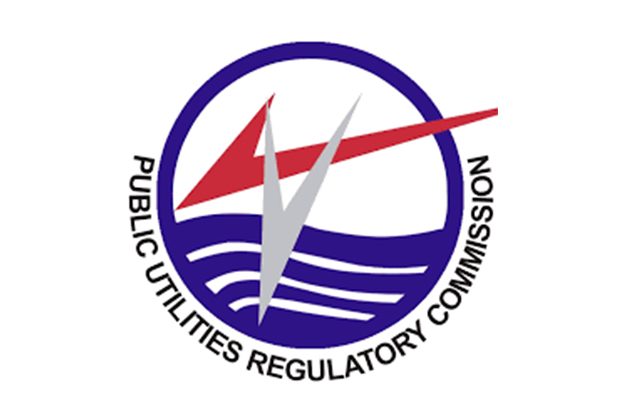P.U.R.C
The Public Utilities Regulatory Commission (PURC) has announced a reduction in electricity tariff by 1.52% for the fourth quarter of 2023, while water records an increase of 0.34%.
These tariff adjustments, according to the commission, are in line with its Quarterly Tariff Review Mechanism for electricity and water tariffs, which takes effect on December 1, 2023 to February 29, 2024.
In a statement signed by the Executive Secretary of the Public Utilities Regulatory Commission, Dr. Ishmael Ackah, adjustments are as a result of uncontrollable factors, namely the exchange rate between the US Dollar and the Ghana Cedi, the domestic inflation rate, the electricity generation mix and the cost of fuel, mainly natural gas.
“The adjustments to the existing electricity and water tariffs are undertaken on a quarterly basis to maintain the real value of the tariffs, thereby keeping the utility service providers financially viable to enable them to deliver on their services to consumers,” the statement read.
Under the factors contributing to the adjustment of the tariffs, the statement indicated that a weighted average Ghana Cedi-US Dollar exchange rate of GH¢11.9264 was used for the fourth quarter of 2023, which includes an under-recovery of GH¢0.3792.
The commission used an average three-month projected inflation rate of 40.43% for the fourth quarter of 2023.
Thus, the actual rate applied for the quarter is 10.11. The applicable Weighted Average Cost of Gas (WACoG) is US$7.6426/MMBtu.
The projected hydro-thermal generation mix for the fourth quarter is 31.91% for hydro and 68.09% for thermal.
Dr. Ishmael Ackah also reiterated that the electricity tariffs across the board have been reduced by 1.52% for the fourth quarter of 2023, stating that the results from analysis of the above four factors and their impact on electricity tariffs to be paid by consumers for the period is under review.
He added that they hold the utility service providers to strict adherence to its regulatory standards and benchmarks by continually monitoring the operations of the utility service providers to ensure value for money and quality of service delivery.
BY Prince Fiifi Yorke

